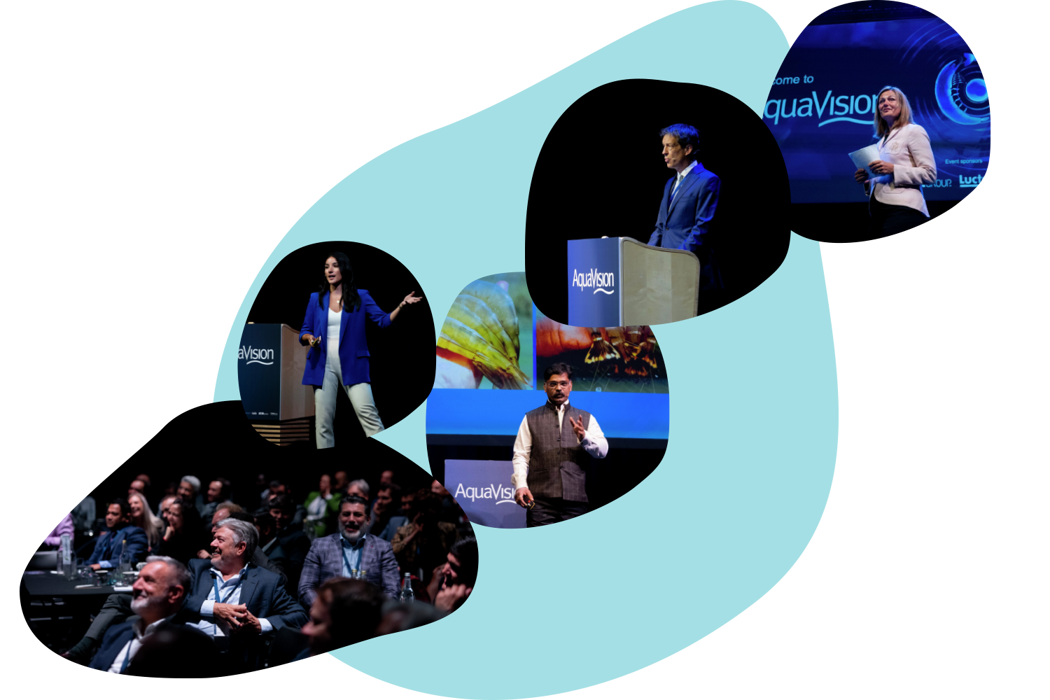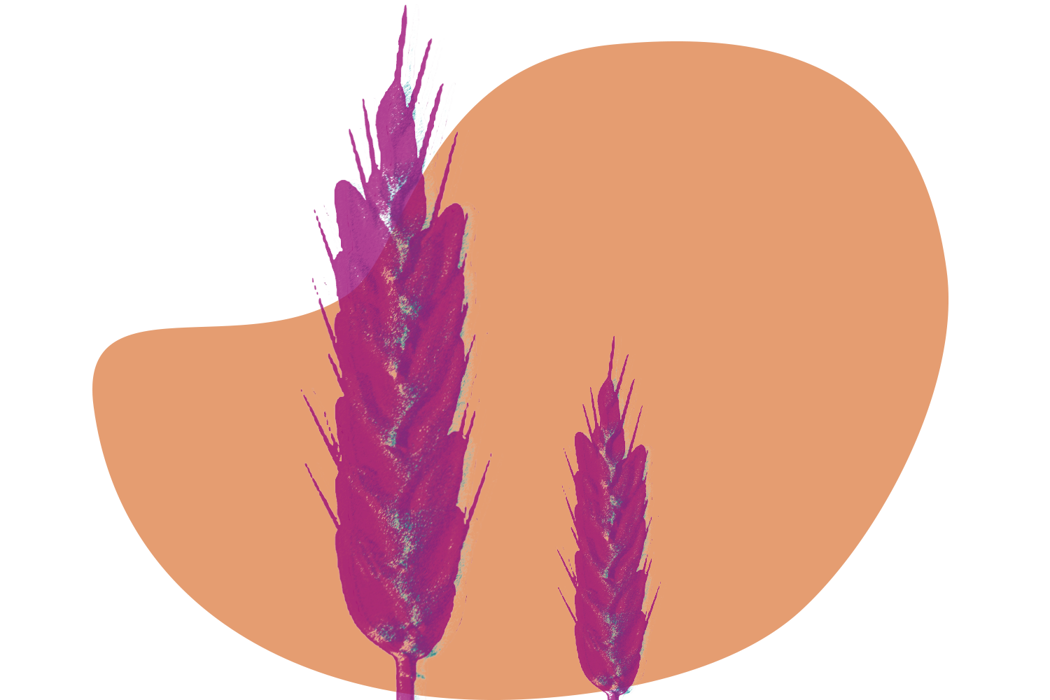No single mechanism in isolation can solve problems as complex as those posed within the raw material supply chains. Instead, a combination of direct supply chain approaches and whole system initiatives are needed. Certification forms a key part of this suite of mechanisms, addressing different challenges, and being an enabler to some of the other mechanisms. For example, certification goes beyond the minimum requirements for the actors within the system, as defined by national legislation.
Also, the transparency it can grant within the supply chain enables companies to identify the origins of their raw materials, and therefore where they may wish to invest in landscape-based initiatives.
The need for greater transparency
Transparency within the supply chains remains a significant blocker to organisations being able to gain a full understanding of their own potential impact.
For many companies, not even continent level traceability is currently available. The flow of this information often stops at the points in the supply chain where mixing of different batches tends to take place. Without this view of risk exposure within their supply chains, companies lack certainty as to how responsible their supply chain is, and are unable to make informed decisions on how they can best apply pressure or funnel incentives to influence the system.
The role that certification plays
Every business has a role to play in ensuring environmentally and socially responsible supply chains develop sustainably. Whilst other pathways towards a more sustainable system focus on wider industry transformation, certification is the main direct approach for a company to address the responsibility of the raw materials currently within their supply chain.
Sustainability certification standards/management programmes contribute to minimising nature loss and maintaining/improving the quality of the land used. As such, chain of custody sustainability standards also enable companies to make externally auditable claims on the origin of their raw materials, and how responsible their supply chain is.





























